Our Board
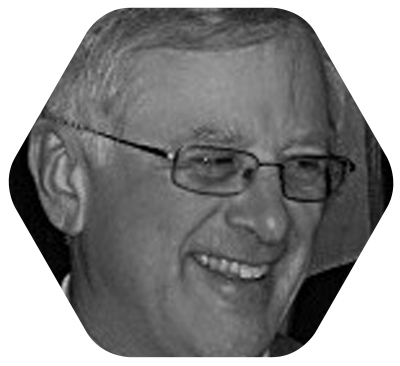
Jim Scherzinger
Treasurer
Jim Scherzinger retired as Chief Operations Officer at the Oregon Department of Human Services (DHS) in March 2016, where he served since 2011. He had also served as Interim Deputy Director for the agency. Jim began his career with DHS in 2006 as Chief Financial Officer. Prior to DHS, Jim served 20 years – 14 years as Director – in the Legislative Revenue Office, a nonpartisan office in the Oregon Legislature that is the staff to the House and Senate Revenue and School Finance Committees.
In 1998 he moved to Portland Public Schools as Chief Financial Officer and was appointed Superintendent in June 2001, before retiring in June 2004. Jim is a senior fellow of the American Leadership Forum of Oregon and has served on the ALF board, as well as being a long-time member of the board of directors for Neighborhood House, a nonprofit organization that assists low-income, recent immigrant, and other vulnerable people living in the greater Portland area.

John Horvick
Chair
John Horvick is Vice President and Political Director at DHM Research. In his decade with the firm, John has wedded his passion for community based politics with his expertise in opinion research. In his mind, public opinion work serves as a powerful tool for answering the question at the center of any democracy: “What kind of community do you want to live in?” He manages complex projects for the firm, is an experienced focus group moderator, and serves as DHM’s political commentator.
While he has a particular love for and knowledge of Oregon’s political life, John has worked on projects and given presentations across the country. Particular areas of interest include electoral politics, health care, education, land-use planning, natural resource use, energy and utilities, transportation, and taxation.
He regularly presents on issues of community, policy, and governance to public officials and governing bodies, in front of boards of directors, and as a part of regional and national conferences. A proud Minnesotan, John graduated from University of Minnesota in 2000. He has since found a second home in Portland, and has devoted himself to furthering a culture of civic engagement in Oregon. He has served as President of the City Club of Portland, and remains an active member in the organization.
Besides his exploration of the state’s civic and political landscape, John is an avid traveler and runner, and hopes to soon meet his goal of running in all 36 of Oregon’s counties.

Damon Isiah Turner
Vice Chair
Damon Isiah Turner is a Consultant with Know Agenda Consulting, a public service consulting limited liability company that focuses in the areas of project management, strategy, facilitation, grant writing, and campaign advising for public service and community development themed institutions, organizations, and groups. Damon Isiah’s professional areas of interest include: equitable development, smart growth policies, criminal justice and public safety, the social determinants of health, civic engagement, collaborative governance strategies, and democratic processes.
He also serves as a Managing Director of Know Agenda Foundation, a 501(c)(3) organization that provides Fiscal Sponsorship to support incubation efforts and to strengthen capacity for community-based mission organizations that support underserved communities in various locales nationwide, where he manages and facilitates the donation and grant based finances of several organizations.
Born in Seattle, Damon Isiah has lived in Washington D.C.; Portland, Oregon; Atlanta; New York City; Los Angeles; Charlotte; and Wilmington, North Carolina. His varied regional and locale living experiences has informed how he has observed the impacts of varied types of democratic processes on their respective residents and constituents.
He holds a Master of Public Administration from Columbia University’s School of International and Public Affairs and a Bachelor’s of Arts Degree in Communications from Clark Atlanta University. Additional volunteer commitments include serving on the University Network for Collaborative Governance (UNCG) Steering Committee, Columbia University School of International & Public Affairs (SIPA) Diversity, Equity, Inclusion, Climate, Engagement Committee, and the SIPA Mentoring Initiative as a mentor to a first-year graduate student from an under-served community. In his spare time, he enjoys traveling, exercising, home-based projects, the beach, writing on script and book related projects, and acting.
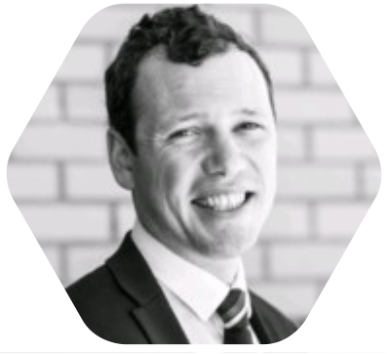
Victor Reuther
Secretary
Victor Reuther is a Deputy Legislative Counsel for the Oregon Office of Legislative Counsel, where he provides nonpartisan legal services to Oregon legislators. Before joining Legislative Counsel, he served for three years as a judicial clerk for the Honorable Michael Greenlick of the Multnomah County Circuit Court. He graduated from Humboldt State University in 2012 and Lewis & Clark Law School in 2015. During law school, Victor served as Editor-in-Chief of the Environmental Law Review and externed for a law firm in New Delhi, India. He is a former coach of the Grant High School Mock Trial Team and fellow of the Oregon State Bar’s inaugural Leadership Institute.
Victor was born and raised in Michigan. He is passionate about bridging divides across demographic identities and all-things law, policy, and politics. In his spare time, he enjoys playing music with his nontraditional bluegrass band, completing projects on his hobby farm, and spending time with his wife and animals.
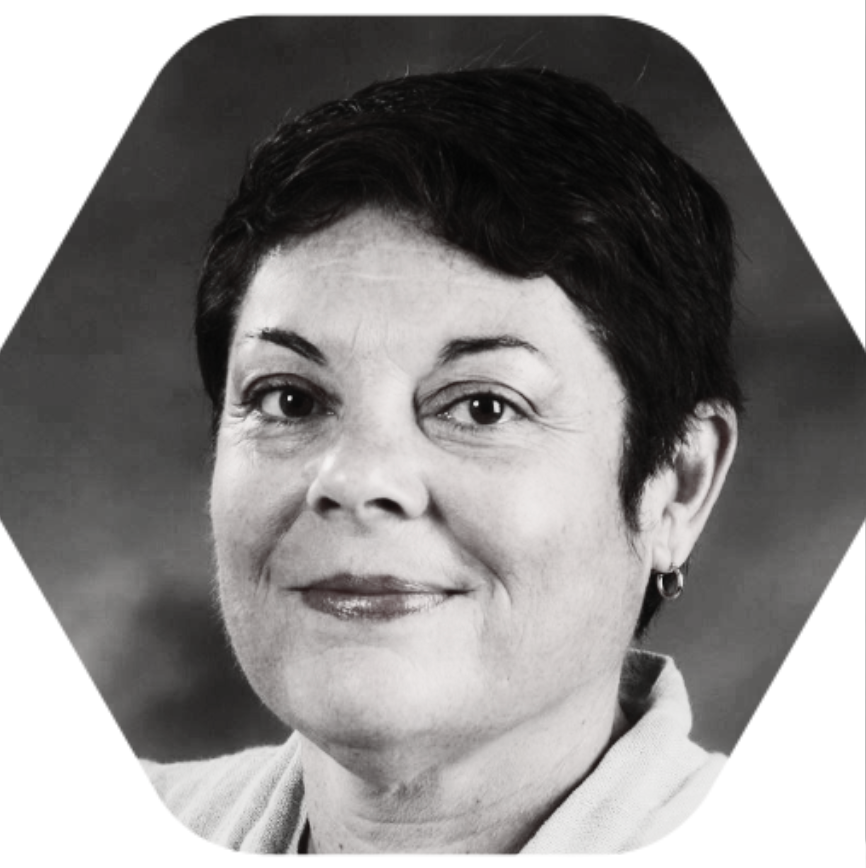
Patsy Kraeger
Patsy Kraeger is an Associate with Civance Research. She previously was a Chief of Staff and held the rank of Professor at a small private university in Pittsburgh. She also was an associate professor at California State University- Bakersfield, School of Business and Public Administration in the Public Policy and Administration Department and at Georgia Southern University, Department of Public and Nonprofit Studies. She taught in the Master’s in Public Administration at CSU-Bakersfield and Georgia Southern University.
She holds a Ph.D. in Public Administration and a Masters in nonprofit Studies from Arizona State University. Additionally, She has a J.D. from Mercer University in Georgia and her Bachelors is from Sweet Briar College in Virginia.
Dr. Kraeger’s research interests are community development, community well-being, philanthropy and social enterprise, public policy implications and deliberative practice in institutional philanthropy and social enterprise. She presents her research at international, national and regional academic conferences. She has authored book chapters and edited books for Edward Elgar Publishing, Routledge Publishing and Springer Publishing. Her work is published in peer-reviewed journals. Dr. Kraeger is the Reviews Editor for Local Development and Society and the Special Issues Editor for the International Journal For Community Well-Being, both peer –reviewed journals. She serves on the Board of Directors for the International Society of Quality-of-Life Studies (ISQOLS) and the Community Indicators Consortium (CIC). She is the Chair of CIC’s Education Committee. Dr. Kraeger is the Founding Co-Chair of the Nonprofit, Philanthropy, Social Enterprise, and Entrepreneurship (NPSEE) section for the World Social Science Association (WSSA). She is a member of the Democracy R&D Network.
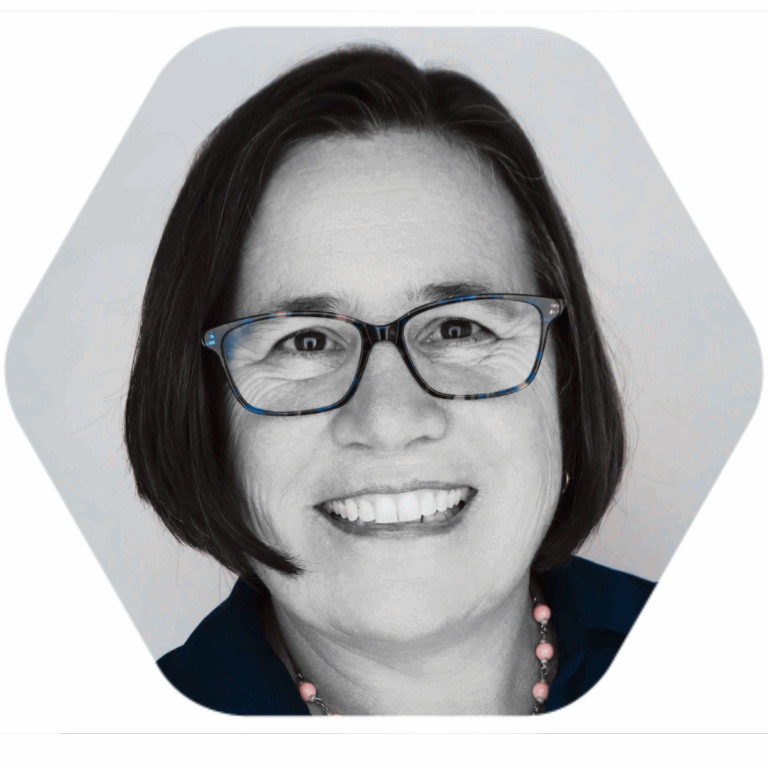
Laura Black
Laura Black is professor of Organizational Development and Change at Fielding Graduate University. Previously she was a full professor in the School of Communication Studies at Ohio University. She received her masters and doctorate in communication at the University of Washington.
Laura is a group and organizational communication scholar who studies dialogue, deliberation, and conflict transformation. Her research is anchored in theories of deliberative democracy and looks closely at the communicative dynamics of disagreement and dialogue across difference. She conducts qualitative, discourse-based research on both communication practices and the social structures that promote or inhibit dialogic collaboration. Her research includes studies of personal storytelling during deliberative discussion; communication practices facilitators and conflict mediators use to promote deep listening and engagement across difference; how facilitators deal with the emotion work of difficult moments; and how people can act as “deliberative catalysts” outside of specifically designed forums by communicating in ways that promote inclusive, respectful conversation about difficult topics in their everyday lives. She has numerous publications on these topics, is the past editor of the Journal of Deliberative Democracy, one of the founding officers of the National Communication Association’s Public Dialogue and Deliberation Division, and active in professional networks of deliberation and dialogue scholars/practitioners.
Laura is fundamentally interested in strengthening democracy by helping people listen deeply, collaborate across lines of difference, make decisions deliberatively, and create inclusive organizations and communities. In addition to her scholarly work, she is also a dialogue and deliberative practitioner. She designs and facilitates community meetings and leads training sessions on topics such as conflict management, intercultural dialogue, facilitating difficult conversations, and inclusive leadership.
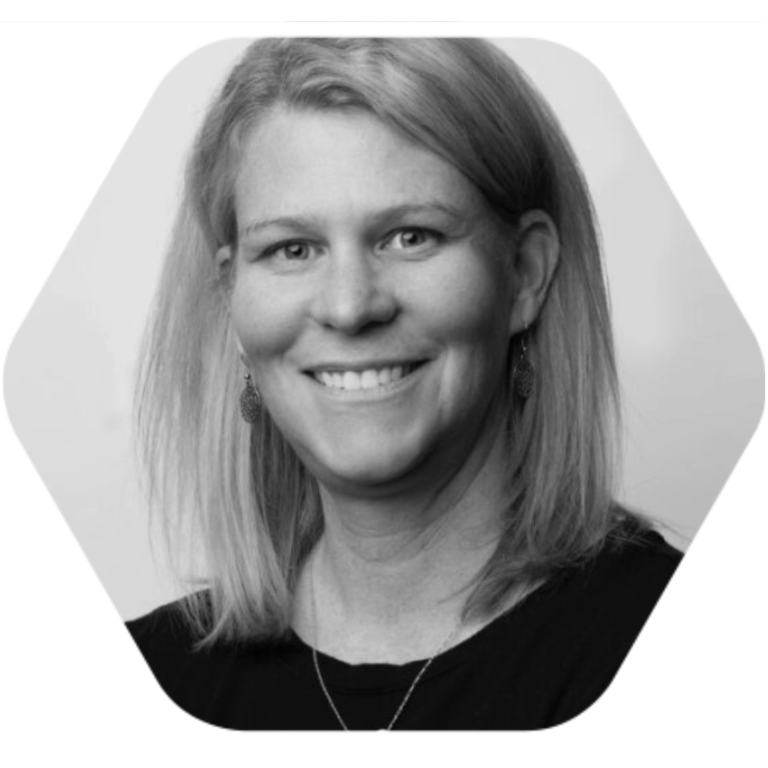
Marla Shaivitz
Marla Shaivitz is director of digital strategy for the Johns Hopkins Center for Communication Programs (CCP), based in the Bloomberg School of Public Health. Having worked for mission-driven organizations for the past three decades, Marla has a passion for innovations in technology and those working toward social good. Since joining Johns Hopkins, she has been an instrument in several digital initiatives including websites, mobile applications and data visualizations, as well as interactive and instructional design content. In 2017, Marla led the team that was a Webby Award finalizist for digital documentation of CCP’s work in West Africa during the Ebola crisis and in 2024 won an Anthem Award in the community engagement/health strategy. She authored a proposal to the UNICODE consortium advocating for a mosquito emoji, which was approved and implemented across operating systems in the fall of 2018.
Prior to joining CCP, Marla was a founding member of a technology consulting firm working with trade and professional societies as well as government agencies in their strategic use of web-based technologies. She spend nine years working for a strategic health philanthropy directing all online initiatives and working with grantees to build capacity and create efficiencies around technology and online systems. As a contributing writer for a popular tech blog focused on technology companies and their founders, she has interviewed entrepreneurs across the United States and Africa.
Marla holds a Master of Liberal Arts from Johns Hopkins University, and a Bachelor of Arts from the State University of New York at Geneseo. Originally from Buffalo, New York, Marla now resides in Baltimore, Maryland, where her family welcomed their newest member: Jack, a loveable chocolate lab they adopted after fostering several dogs for the local lab rescue.
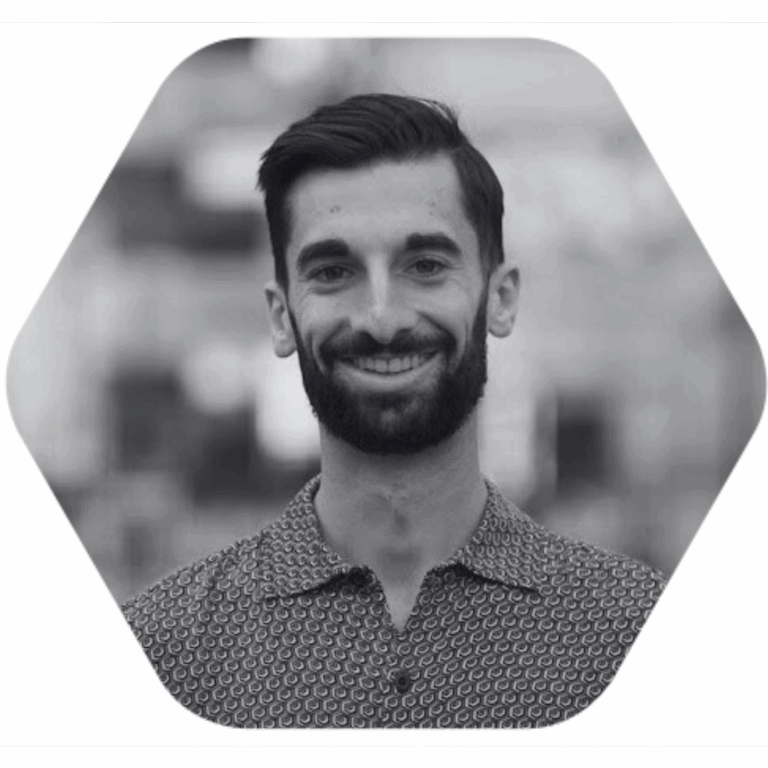
Ryan Bellinson
Ryan Bellinson is a policy advisor and action-oriented researcher. His work intersects governance design, collaborative policy development, and public participation. He is currently Community Innovation Strategist at the Oregon Department of Environmental Quality, Senior Research Fellow at the University College London Institute for Innovation and Public Purpose (IIPP) and Principal of Collaboraction Insights, a strategic research and design consultancy.
Ryan has held numerous government and academic positions in the United States, the Netherlands and United Kingdom, leading projects and programs that explore how collaboration between different stakeholder groups using system change methods can address societal challenges. One of Ryan’s interests has been helping local governments build capacity for utilizing deliberating public engagement methods, a passionate that brought him to Healthy Democracy. Ryan earned his PhD from the University of Sheffield, Master’s degree from the University of Amsterdam and Bachelor’s degree from the University of Oregon.
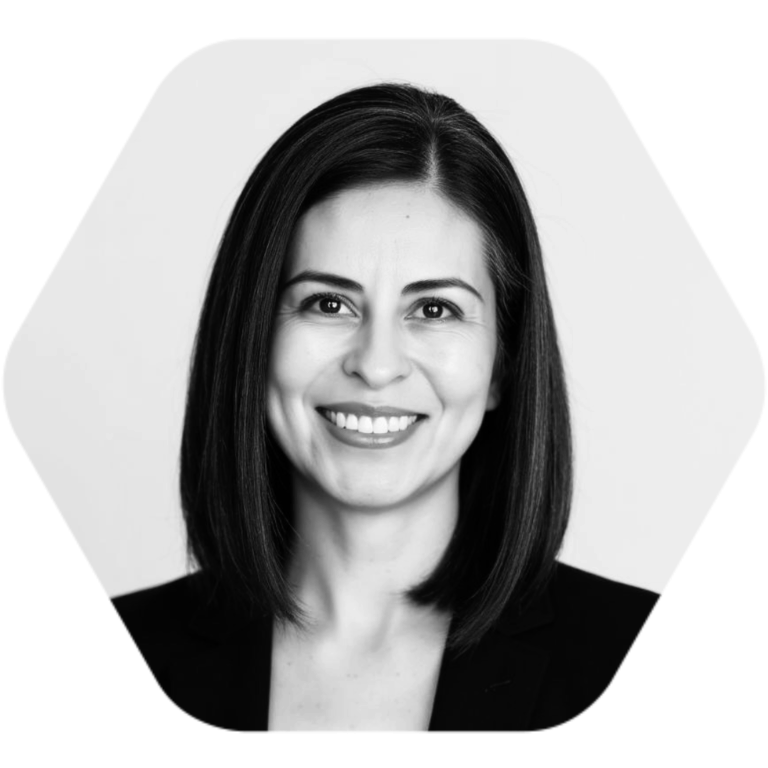
Ana Sofía Castellanos Santamaría, Ph.D.
Political Scientist | Educator | Facilitator of Collaborative Governance
She holds a Ph.D. in Public Affairs and Policy from Portland State University, where her research focused on data governance frameworks in agriculture, an area that blends her academic expertise with her interest in participatory policy design.
At the National Policy Consensus Center (NPCC), Ana Sofía serves as a project manager supporting collaborative governance efforts that help public agencies and community partners work together more effectively. She has helped lead a variety of projects, including work on agricultural data governance and stakeholder-driven roadmaps.
Ana Sofía teaches with a student-centered approach. She uses Universal Design for Learning (UDL) to ensure that her courses are accessible and inclusive, making space for different learning styles and voices. She has taught courses in political systems, qualitative research, and social science methods at the University San Francisco de Quito in Ecuador, and global leadership at Portland State University. She was also the lead instructor of a UDL-based course at PSU, funded by the Reimagine PSU grant, where she created an engaging curriculum focused on real-world problem solving and policy analysis.
From 2019 to 2022, Ana Sofía worked on a USAID-funded project focused on strengthening public sector capacity in Vietnam. She co-designed and supported the development of training programs that helped local partners build digital governance skills aligned with Vietnam’s national strategy on digital transformation and the Fourth Industrial Revolution.
Ana Sofía’s research has been published in both English and Spanish. Her recent work includes studies on direct democracy in Ecuador, the role of recall referendums in Latin America, and international collaboration for digital transformation in public institutions. Notable publications include The Populist Model of Direct Democracy in Ecuador (2022), Understanding the Use of Recall Referendums: Evidence from Ecuador (2020), and a 2024 co-authored study on digital governance training between the U.S. and Vietnam presented at PICMET.
Originally from Ecuador, Ana Sofía brings an international lens and a deep appreciation for diverse perspectives to everything she does. Whether she’s working with rural communities, local governments, or university classrooms, she’s committed to creating spaces where people can think together, solve shared problems, and shape the policies that affect their lives.
Outside of work, Ana Sofía enjoys exploring Oregon’s coast with her family, and staying curious about sustainable food systems—sometimes through hands-on experiences like beekeeping.
She believes democracy is something we practice—not just at the ballot box, but in everyday conversations, decisions, and relationships.